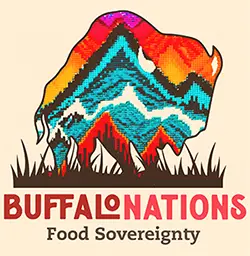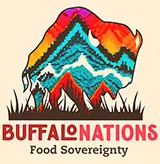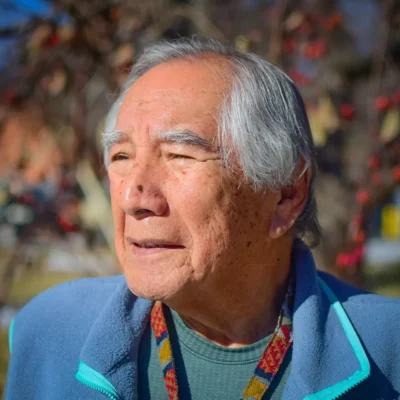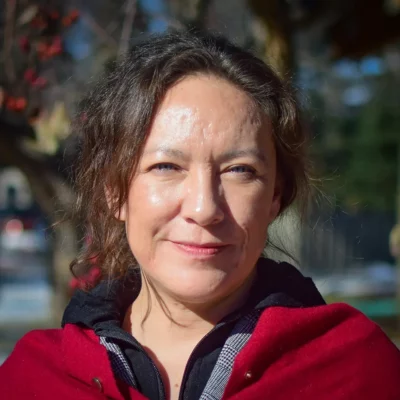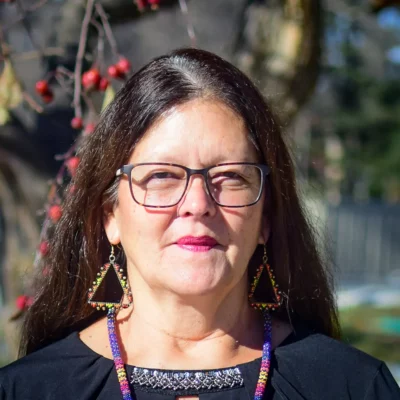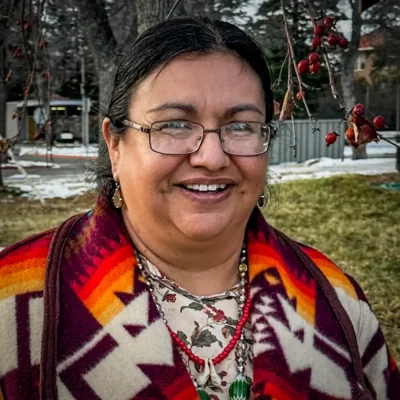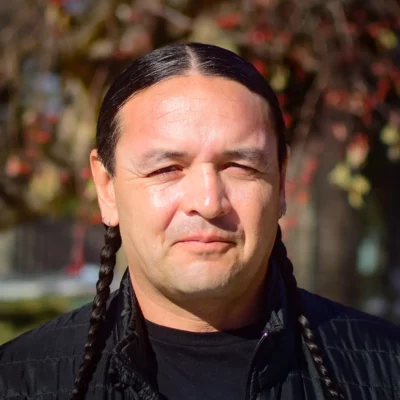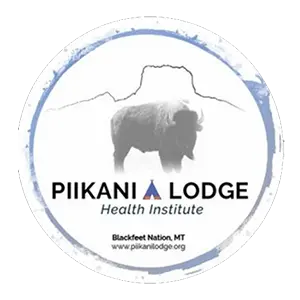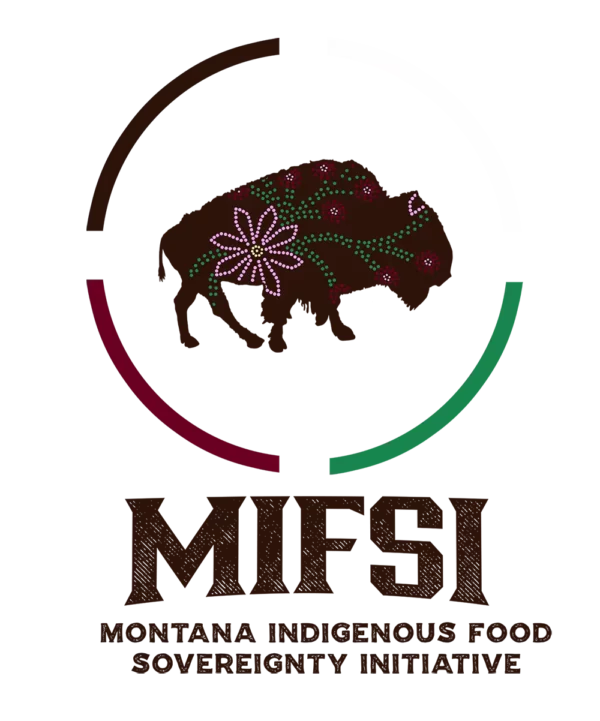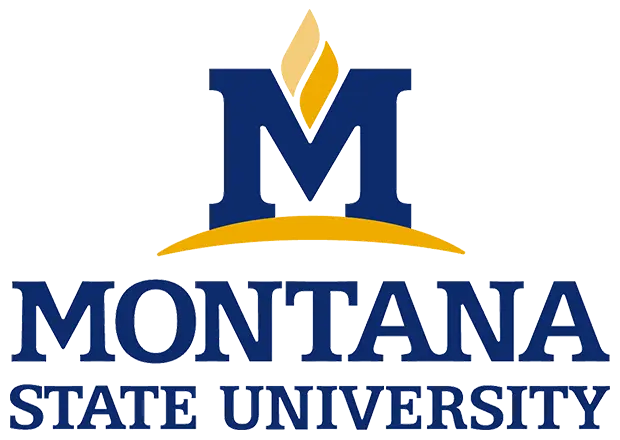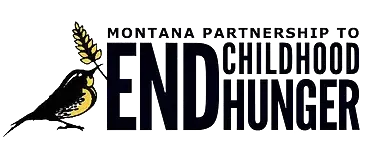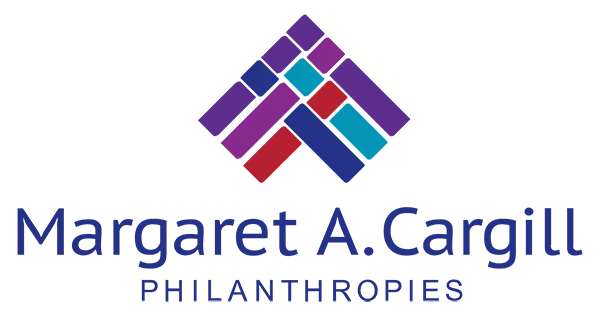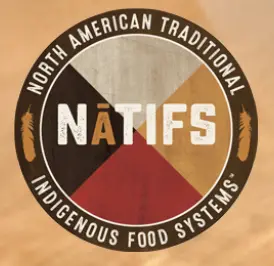Indigenous Advisory Council
Led by an Indigenous Council, the BNFSI is grounded in seven generations thinking including the seven R’s: Respect, Relationships, Reasoning, Reciprocity, Resourcefulness, Resilience, and Reverence
Dr. Leroy Littlebear
Leroy played a central role in the first international Indigenous treaty in more than 150 years. The Buffalo: A Treaty Cooperation, Renewal and Restoration of 2014 formalized a commitment to restore the buffalo and to maintain associated Indigenous cultural traditions. Dr Littlebear was ke in establishing a working group on Indigenous populations through the United Nations.and originated the concept and initial draft of the United Nations Declaration on the Rights of Indigenous Peoples. This declaration has since been ratified by 144 member states of the UN.
Ms. Paulette Fox
Shelly Fyant
Helen Augare Carlson Mamiatsikimiiaki-Magpie Woman
Jason Baldes
Piikani Lodge Health Institute
Piikani Lodge Health Institute
PO Box 187
Browning MT, 59417
Montana Indigenous Food Sovereignty Initiative (MIFSI)
Montana State University Department of Native American Studies
Montana State University
P.O. Box 172340
Bozeman, MT 59717-2340
Tel: (406) 994-3881
Fax: (406) 994-3343
E-mail: NAS@montana.edu
Location: 239 American Indian Hal
The Foundation for Food and Agriculture Research
The Foundation for Food & Agriculture Research (FFAR), builds public-private partnerships to support bold science. Our research, co-created with the agriculture community, fills critical research gaps. We also invest in the future scientific workforce.
We convene stakeholders to identify urgent challenges and the research needed to develop solutions. With our unique connections to the private and public sectors and our dedication to innovation, we only fund research that meets our rigorous scientific-review standards. Our publicly available results are shared with the scientific and agriculture communities who can employ these solutions.
Their office is located at:
401 9th Street NW
Suite 730
Washington, DC 20004
202-624-0700
Email communications@foundationfar.org
The Montana Partnership to End Childhood Hunger
PO Box 3786
Bozeman, MT 59772
Email kayann@mtpech.org
Margaret A. Cargill Philanthropies
Margaret A. Cargill Philanthropies
6889 Rowland Road
Eden Prairie, MN 55344
952.540.4050
Email info@macphil.org
https://www.macphilanthropies.org/
North American Traditional Indigenous Food Systems (NĀTIFS)
Midtown Global Market
920 E. Lake Street, #107
Minneapolis, MN 55407
Tel: 612-208-0625
